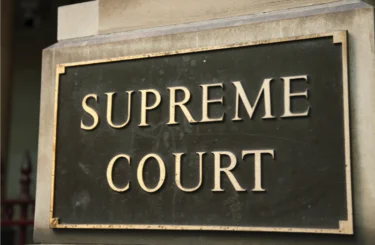Banks Owe Millions for Illegally Repossessing Vehicles from Active Duty Servicemembers
If you were an active duty military servicemember and defaulted on a car loan, your lender was required to obtain a court order before repossessing your vehicle. If your lender failed to obtain a court order, you are owed money and credit repair assistance.
The Servicemembers Civil Relief Act (SCRA)
The Servicemembers Civil Relief Act (formerly called the Soldiers’ and Sailors’ Civil Relief Act) protects civilians and military reservists who purchase a vehicle and are later ordered into active military duty. The Act requires lenders to obtain a court order (that is, permission from a judge) before repossessing an active servicemember’s vehicle, which allows the servicemember the opportunity to delay or contest a vehicle repossession. A court may also require the lender to refund prior payments before the repossession.
Lenders Pay Big for Illegal Military Vehicle Repossessions
SCRA violations have become a serious consumer protection issue, with some of the nation’s largest banks liable for substantial damages. Lenders like CitiFinancial, Santander, and Wells Fargo are paying millions of dollars in restitution for repossessing thousands of vehicles from active servicemembers without a court order.
Who Does the Servicemembers Civil Relief Act Protect?
The SCRA protects active duty servicemembers (Army, Navy, Air Force, Marine Corps and Coast Guard). To qualify, the servicemember must have signed the loan agreement—and paid the deposit or at least one payment—before going on active duty.
Remedies for Servicemembers Whose Vehicles Were Illegally Repossessed
Penalties for illegal repossessions are stiff. The U.S. Department of Justice demands credit repair assistance and payment of $10,000 to each affected servicemember, plus any lost equity in the vehicle, along with interest.
The attorneys in Sommers Schwartz’s Complex Litigation Department are pursuing creditors that violate the SCRA. If you believe a creditor violated your SCRA rights, or if you have questions concerning whether the Act applies to your situation, please contact us today.
Rod Johnston
Rod Johnston is a member of the Complex Litigation Group, participating in the firm’s direct and class action litigation on behalf of those harmed as a result of wage and overtime violations and consumer fraud.





